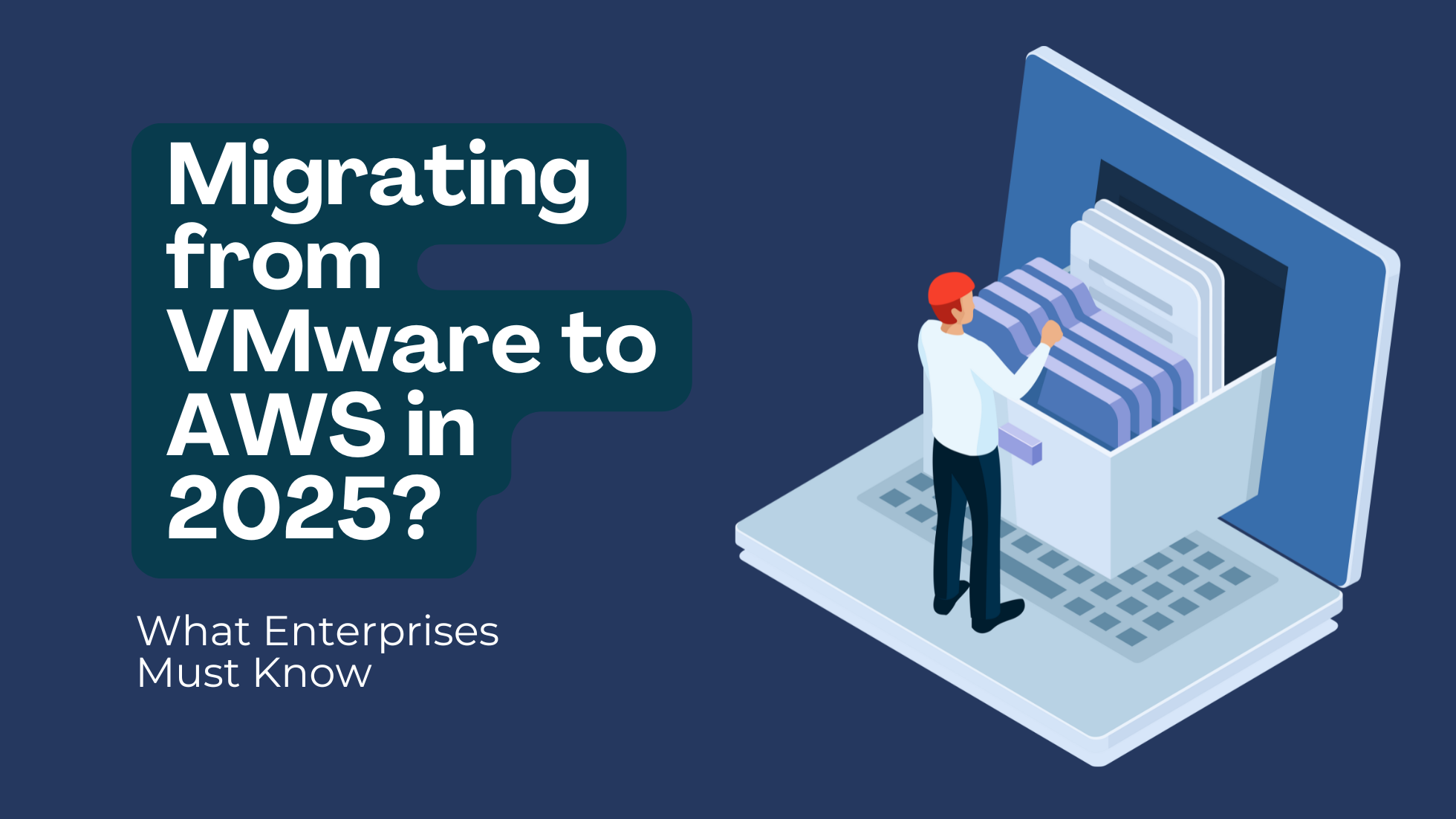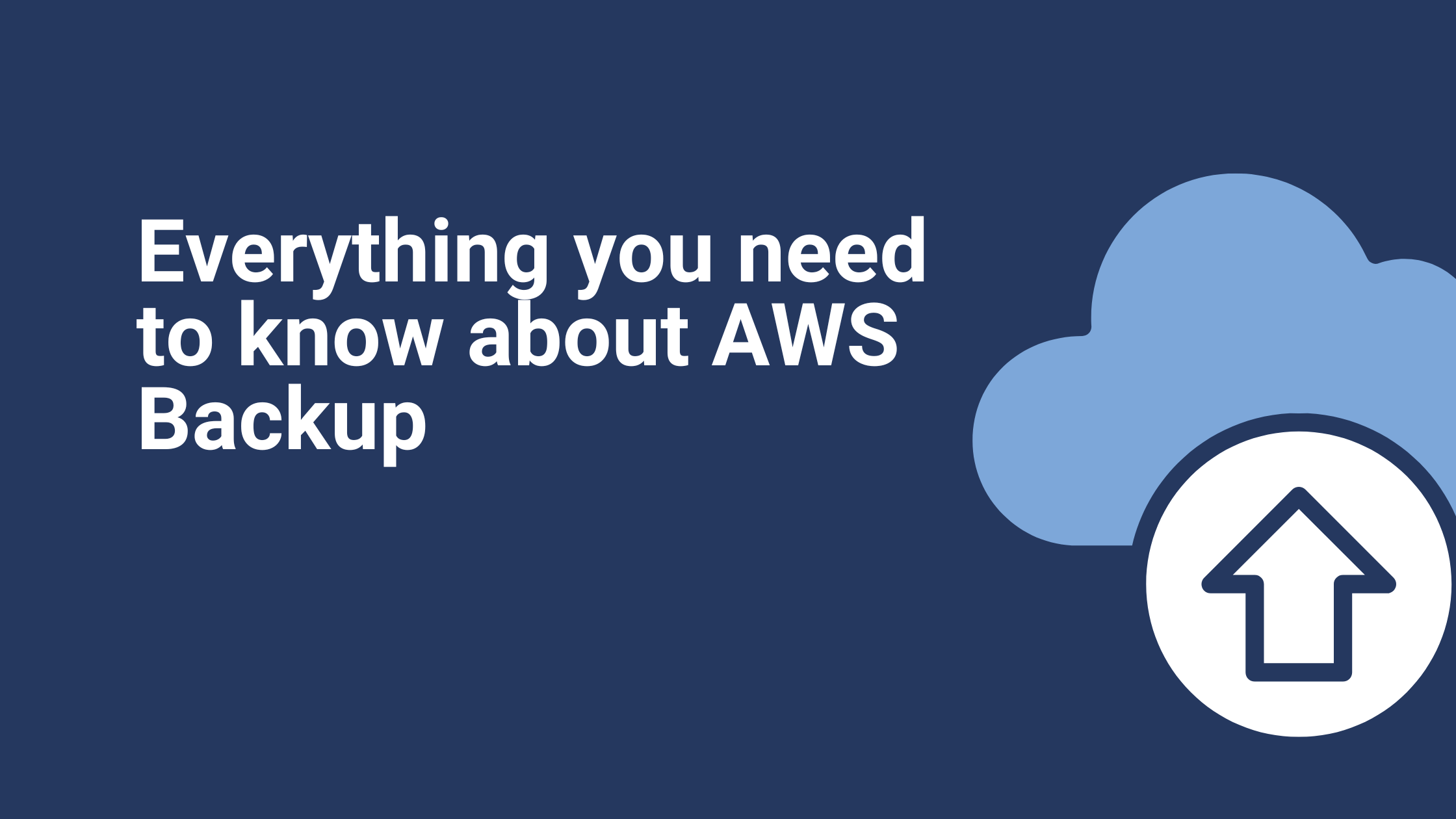DevOps at Scale: Why Smart Performance Optimization Is Your Competitive Edge
Most DevOps teams are laser-focused on speed, shorter build times, and faster deployments. On paper, it appears to be a success. But behind the scenes, cracks begin to show. Skyrocketing AWS bills, unpredictable latency, and overprovisioned resources. However, the rush to move quickly often leads to cloud waste, performance bottlenecks, and brittle Infrastructure.
In short, speed without performance optimization is a ticking time bomb. DevOps isn’t about pushing code quickly. It’s delivering business value reliably, securely, and efficiently. Here’s a detailed breakdown.
How DevOps and Performance Optimization are Linked
1. DevOps = Continuous Performance Tuning
Modern applications live in a state of constant flux. New features, user growth, scalability. In such a dynamic environment, speed isn’t something you “optimize once.” It is continuous work.
2. Infrastructure Decisions are Performance Decisions
In a cloud-native environment, every infrastructure choice has a direct impact on performance. Strategic teams aren’t actively provisioning performance best practices; they use Infrastructure as a Code (IaC) from day one. With tools like AWS CloudFormation, CDK, or Terraform, performance is embedded into the architecture, not added afterward.
3. Services Built for Performance Engineering
Cloud providers like AWS offer a rich toolbox of services designed to deliver high performance, low latency, and scalability. However, these services only deliver their full potential when integrated into an intelligent, feedback-driven DevOps workflow.
4. Performance and Resilience Go Together
Performance during peak times is as important as performance under ideal conditions. DevOps practices, such as chaos testing, failover simulations, and disaster recovery, are designed to simulate real-world failures before they occur. These are not just theoretical tests—they are automated into the CI/CD pipeline.
How DevOps Enables Performance + Cost Optimization
In a cloud environment, almost every performance decision impacts cost:
- Poorly written database queries can slow down response times and unnecessarily spike RDS or DynamoDB usage.
- Inefficient code loops might drive up Lambda execution time, inflating your bill.
- Overprovisioned EC2 instances—sized for peak traffic but running underutilized most of the day—accumulate silent costs.
- A failure to implement proper caching may increase the load on the compute and storage layers, leading to both performance issues and increased cloud spending.
In cloud environments like AWS, performance, and cost are not tradeoffs—they are sides of the same coin. DevOps is the engine that allows organizations to optimize both simultaneously. Here’s how:
- Infrastructure as Code (IaC) for Cost Control
- Define performance-optimized resources using repeatable templates (e.g., CloudFormation, Terraform).
- Enforce right-sizing, auto-scaling, and cost limits by default.
- Continuous Performance Testing in CI/CD Pipelines
- Integrate performance benchmarks early (load tests, latency checks).
- Catch performance regressions before they reach production—avoiding expensive fixes later.
- Observability Tools for Real-Time Insights
- Use tools like AWS CloudWatch or Datadog to correlate usage metrics with cost data.
- Identify anomalies such as traffic spikes, memory leaks, or unnecessary instance uptime.
- Automated Scaling and Scheduling
- Automatically scale resources based on performance thresholds (not just static traffic forecasts).
- Turn off non-prod environments during off-hours to cut waste.
- Chaos Engineering + Resilience Testing
- Ensures systems degrade gracefully under failure, reducing the need to overprovision “just “in case.”
- Help” avoid spending on backup systems that are never validated.
How an AWS DevOps Competency Partner Can Help
An AWS DevOps Competency Partner brings the expertise, tooling, and frameworks to your DevOps strategy. Your DevOps isn’t about automation—it’s about building a system that scales fast and runs reliably.
1. Proven Expertise, Verified by AWS
AWS DevOps Competency Partners are not generalists—they are realists vetted by AWS for:
- Deep knowledge of CI/CD, IaC, and container orchestration
- Demonstrated success with real customer outcomes
- Secure, scalable cloud-native implementations
2. Faster Time-to-Value with Automation & Templates
From pipeline blueprints to Infrastructure as Code modules, these partners bring reusable, tested assets that save weeks—or months—of engineering time. Get to production faster without compromising on performance or security.
3. Built-In Performance and Cost Optimization
DevOps Competency Partners don’t automate deploys—they:
- Right-size Infrastructure
- Bake in auto-scaling and observability
- Reduce waste through tagging, monitoring, and resource optimization
Clients often realize AWS cost savings alongside performance gains.
4. Security and Compliance by Design
Competency partners integrate:
- IAM best practices
- Secret management
- Audit-ready workflows
DevOps pipelines that support SOC 2, HIPAA, or PCI—do not break them.
5. Alignment with AWS Programs, Credits, and Co-Sell
These partners know how to navigate:
- AWS funding programs (MAP, WAFR, FTR)
- Marketplace listings
- Co-sell opportunities with AWS teams
You’re using DevOps—you’re rating your cloud growth strategy.
6. Less Risk. More Focus.
Instead of building DevOps capabilities from scratch or relying on undertrained teams, you get:
- A partner who knows what “good” “look” like
- Ongoing support and iteration
- Freedom for your team to focus on product, not pipelines
Avoid costly misconfigurations, security gaps, or cloud overspending.
Ibexlabs is an experienced DevOps & Managed Services provider and an AWS consulting partner. Our AWS Certified DevOps consultancy team evaluates your Infrastructure and makes recommendations based on your business or personal requirements. Contact us today to schedule a complimentary consultation and discuss a custom-built solution tailored specifically to your needs.










